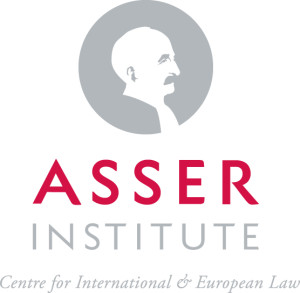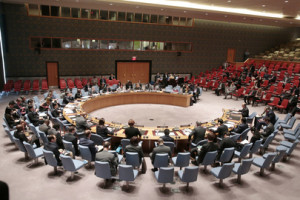by Vani Sathisan, International Commission of Jurists (ICJ) International Legal Adviser, and Hayman Oo, ICJ Legal researcher, in Yangon
“They can imprison my body, but never my mind,” U Nay Myo Zin told us when we asked him whether he expected to be released, right before police led him into the Dagon Township courtroom for the verdict last week. The Court was teeming with police guards and supporters of the accused chanted slogans at the police, “not to kowtow to the military government” and that “the legal system lacks principle.” U Nay Myo Zin then added, “I will never surrender.”
He was one of the six human rights activists, besides Daw Naw Ohn Hla, Daw Sein Htwe, Ko Tin Htut Paing, Daw San San Win and U Than Swe, who were sentenced to four years and four months in prison with hard labour.
Their conviction, after a trial that didn’t meet basic standards of fairness and due process, highlights the tremendous pressure on the country’s judiciary at a time when Myanmar desperately needs to show improvements in the rule of law. Continue reading



